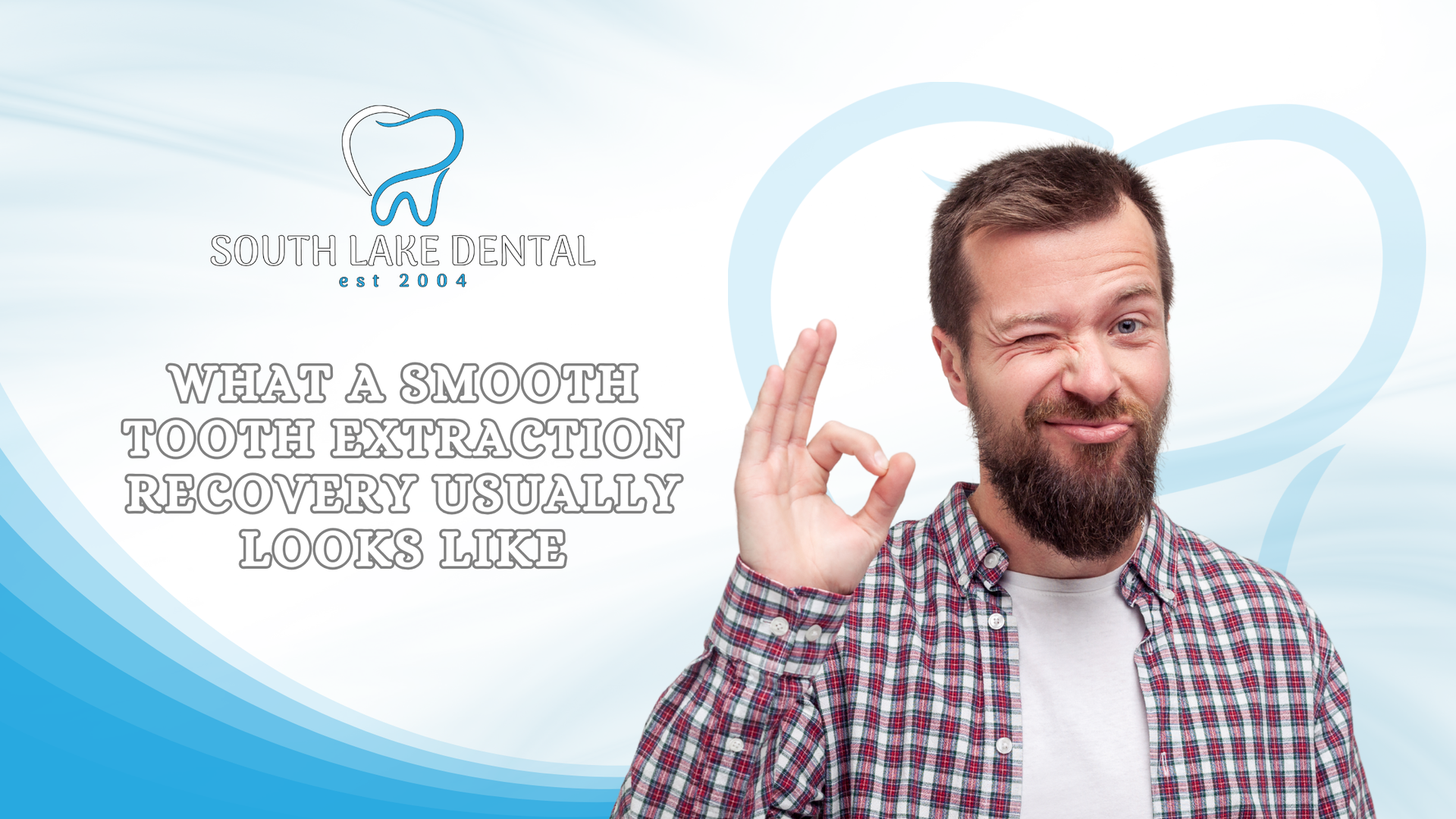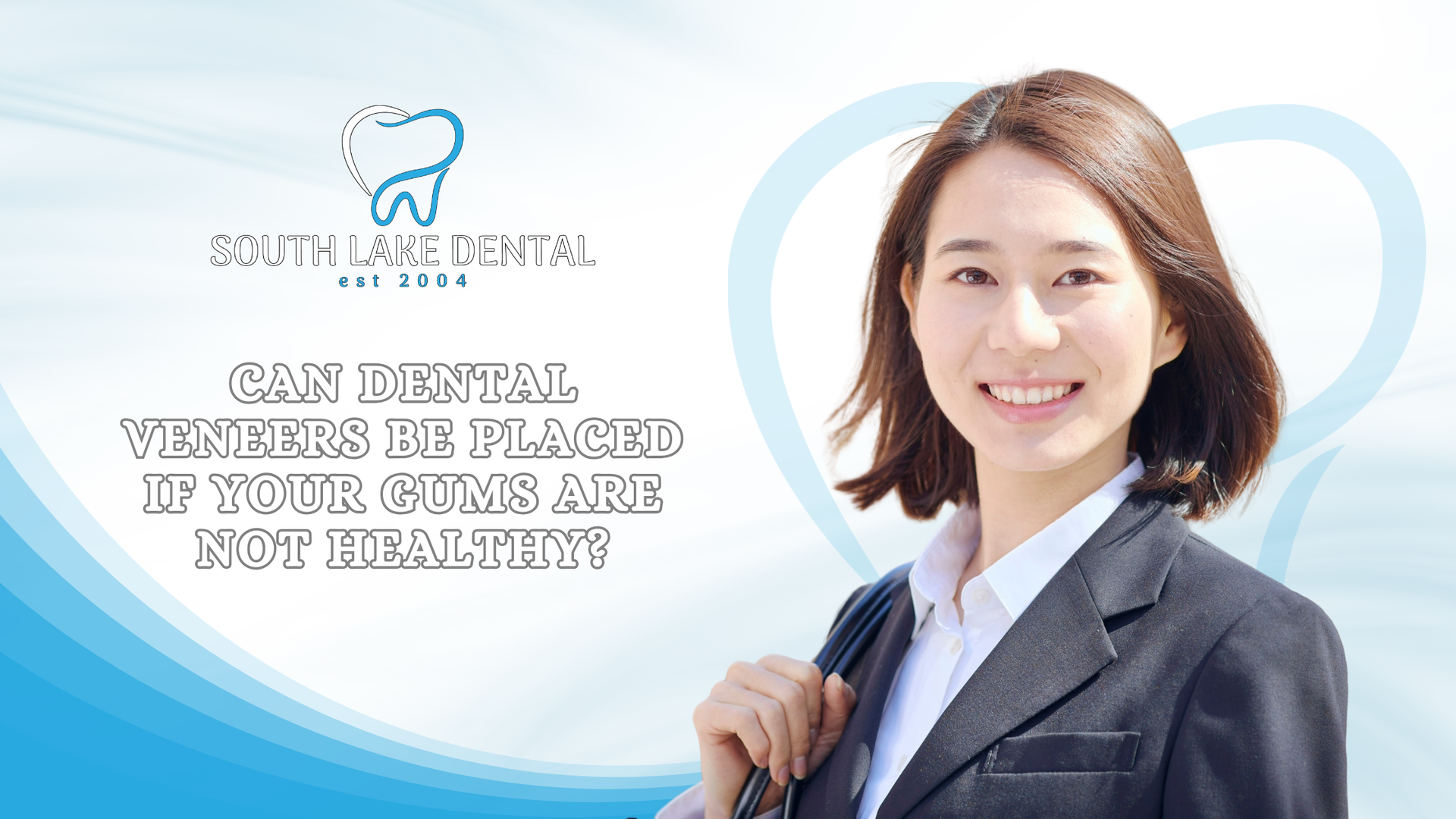Obstructive Sleep Apnea Solutions in Pasadena: What to Know
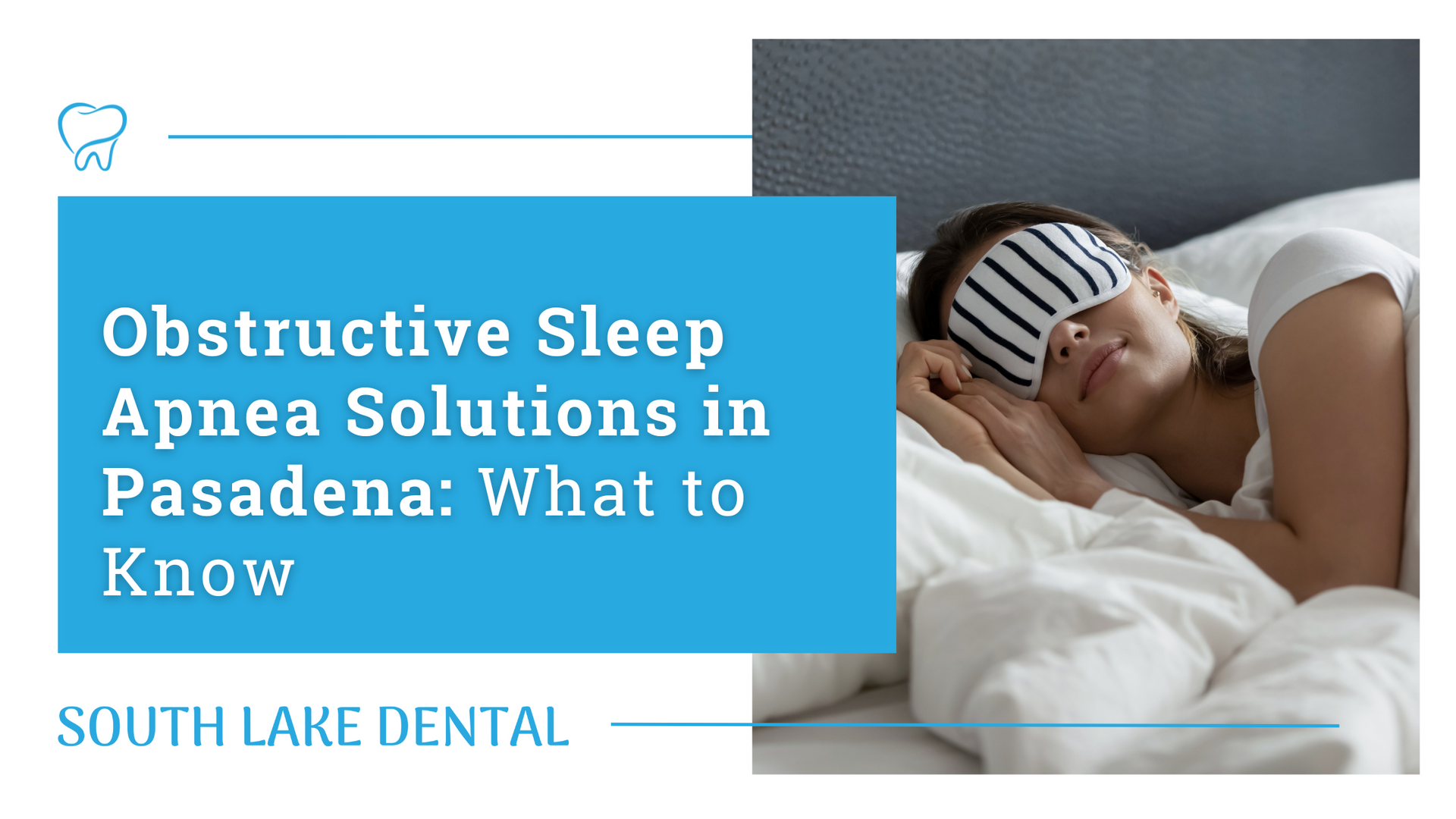
Source: Dr. Marketing
Sleep should be a time of renewal, but for millions of people, it is filled with interruptions they do not even notice. Obstructive sleep apnea (OSA) is a common but often overlooked condition that causes the airway to narrow or collapse repeatedly during the night. The result is a pattern of disrupted breathing, fragmented sleep, and long-term stress on the body.
What makes OSA especially dangerous is that many people have no idea it is happening. They may chalk up fatigue to stress, irritability to a busy lifestyle, or headaches to dehydration—when in fact, their body is struggling every night just to breathe. At South Lake Dental in Pasadena, we work closely with patients to evaluate signs of OSA and provide solutions such as custom oral appliance therapy. For many individuals, the dental office is where the path toward better sleep—and better health—begins.
What Really Happens During Sleep Apnea?
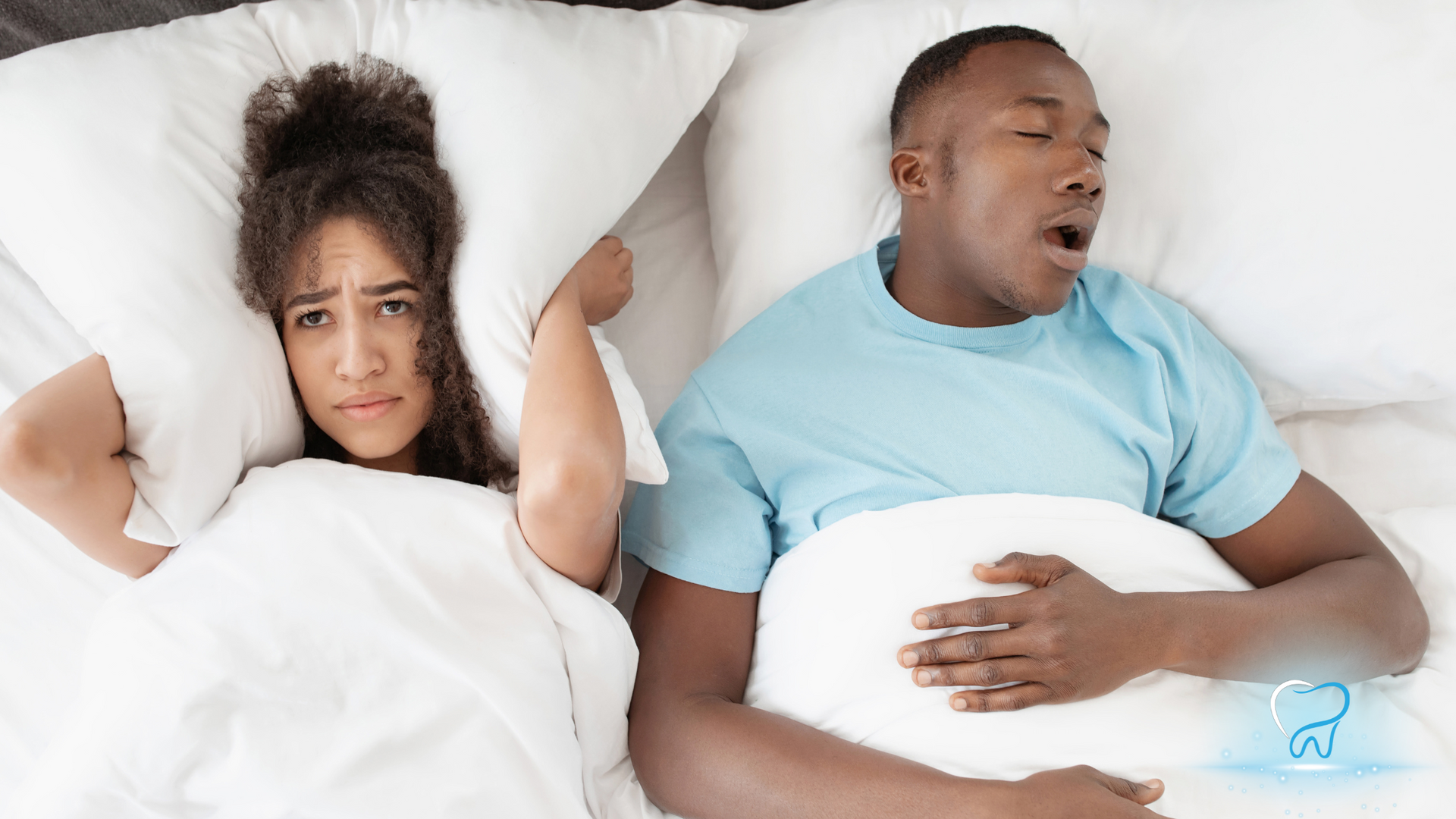
Obstructive sleep apnea involves more than just snoring. It occurs when the airway collapses partially or fully while a person sleeps. This collapse blocks airflow, causing a drop in blood oxygen levels. In response, the brain sends a signal to wake the body just enough to reopen the airway.
These episodes can occur 10, 50, or even 100+ times each night. While most people do not consciously remember waking, these interruptions prevent the body from reaching and maintaining deep, restorative sleep stages. Instead of recharging, the brain and body remain in a state of ongoing stress. Over time, this disruption takes a toll on almost every system:
- The heart and blood vessels experience increased strain
- The brain loses access to consistent oxygen flow
- Mood, memory, and mental clarity decline
- Metabolism becomes less efficient, increasing weight gain risk
- Inflammation rises, which may contribute to chronic disease
OSA is not just about snoring—it is a systemic issue with wide-reaching effects.
Tired All the Time? The Signs Are Often Hiding in Plain Sight
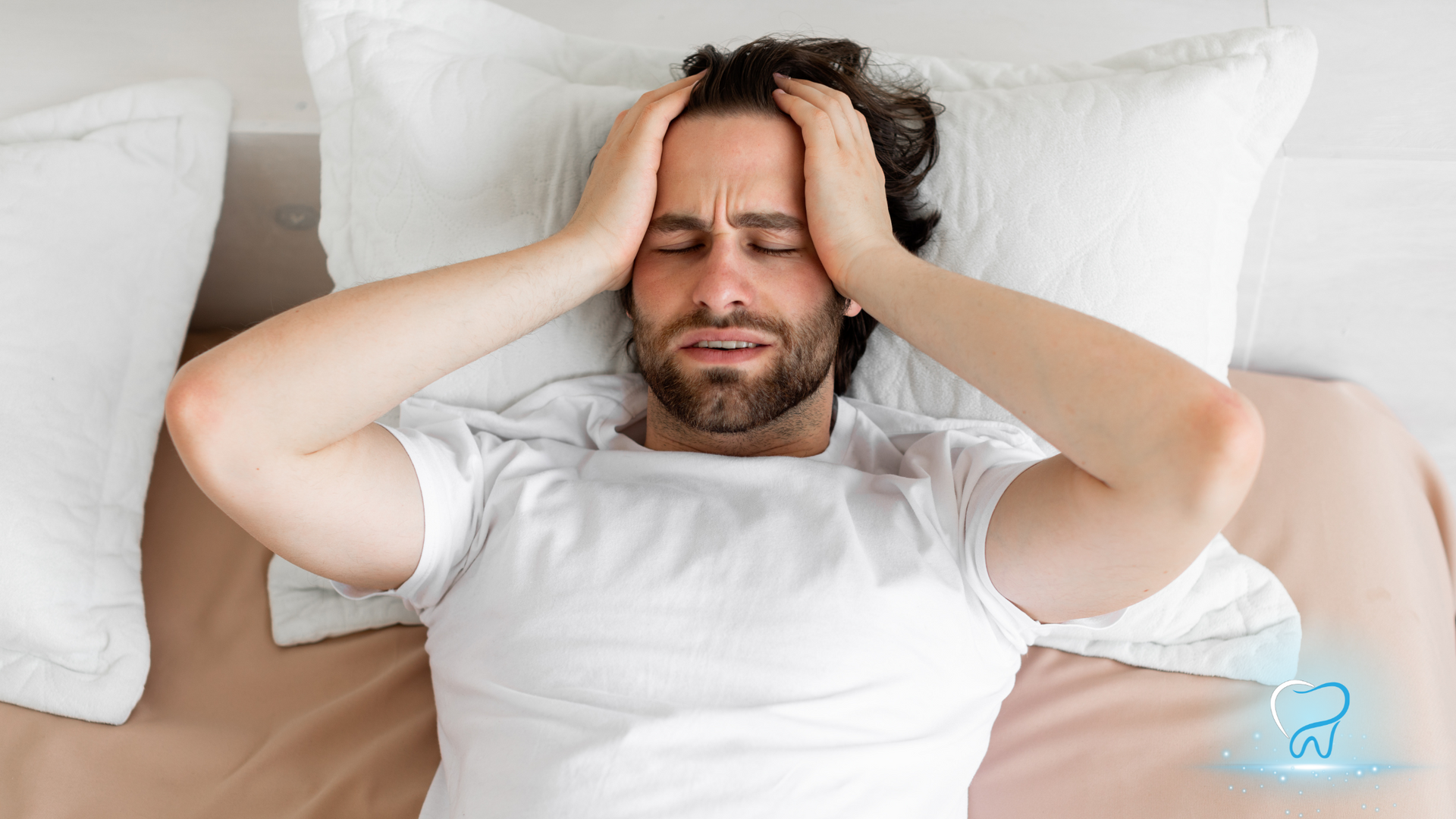
Because sleep apnea happens while you sleep, many people have no idea their breathing is being interrupted. Instead, they live with the effects without realizing the cause.
Common signs of OSA include:
- Loud or persistent snoring, especially interrupted by gasping
- Waking with a sore throat or dry mouth
- Morning headaches that fade throughout the day
- Feeling tired despite sleeping 7–9 hours
- Trouble focusing or remembering things
- Mood swings, anxiety, or frequent frustration
- Frequent urination during the night
- Restless or shallow sleep
Children may show different signs: bedwetting, behavior changes, poor school performance, or unusual sleeping positions like curled up tightly or with their head tilted back. The symptoms are often subtle at first. Over time, they can be mistaken for burnout, depression, or even aging. But they all point to the same issue: sleep that is consistently disrupted by poor airflow and reduced oxygen.
Why Dentists Are Often the First to Spot Sleep Apnea
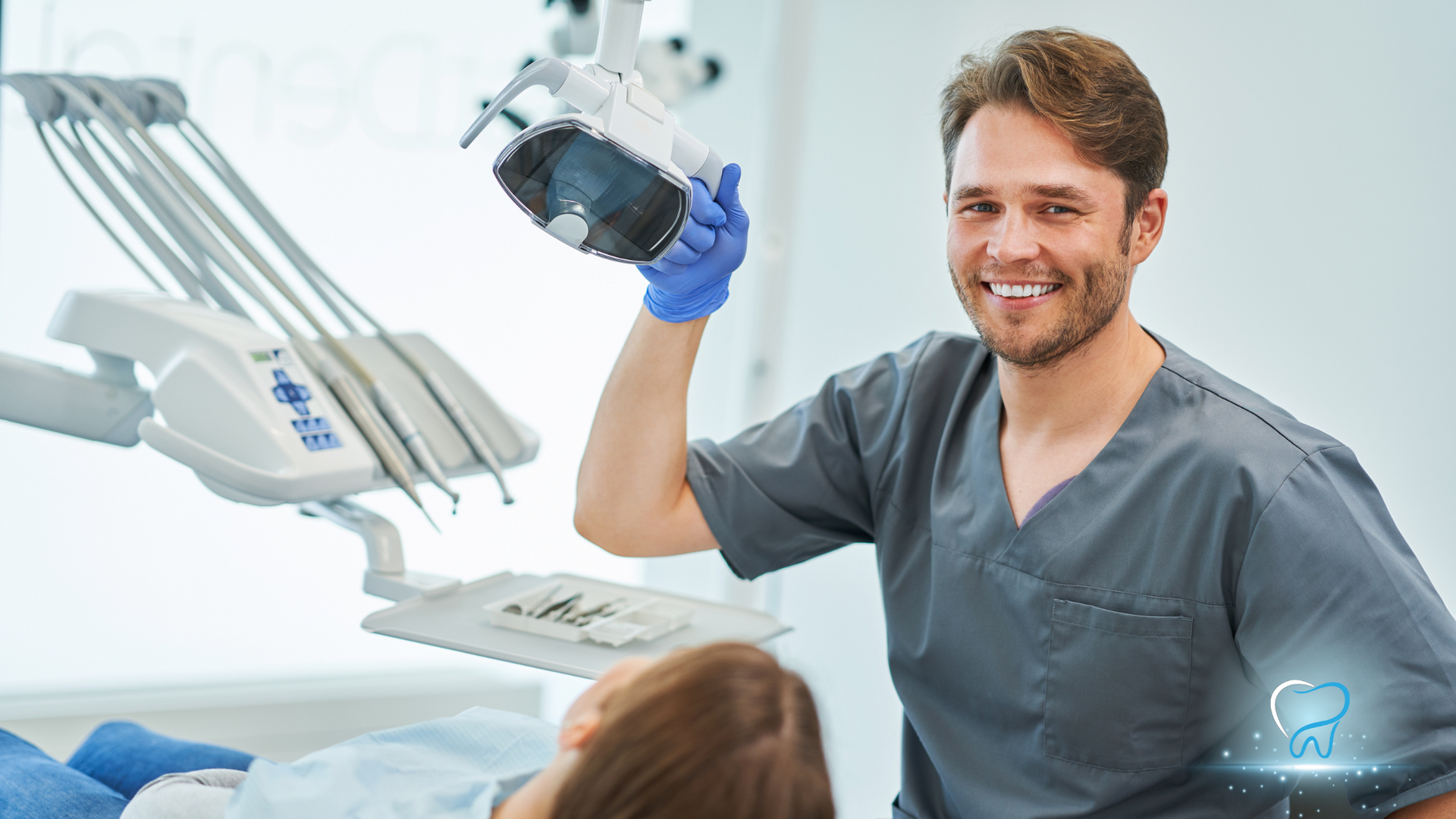
While OSA is a medical condition, dentists are in a unique position to detect early warning signs. At South Lake Dental in Pasadena, we examine more than just teeth—we evaluate jaw structure, tongue position, airway space, and wear patterns that may reveal underlying sleep issues. We look for:
- Scalloped tongue edges, often caused by airway crowding
- Flattened or worn teeth from nighttime clenching or grinding
- Narrow palates or high-vaulted arches
- Retruded lower jaws that limit airway space
- Enlarged tonsils or bulky oral tissues
Combined with reports of fatigue or sleep disturbances, these signs can strongly suggest sleep-disordered breathing. We also review medical histories for conditions linked to sleep apnea—such as high blood pressure, acid reflux, or irregular heartbeat—helping patients understand the bigger picture.
Sleep Studies: The First Step to Understanding the Problem
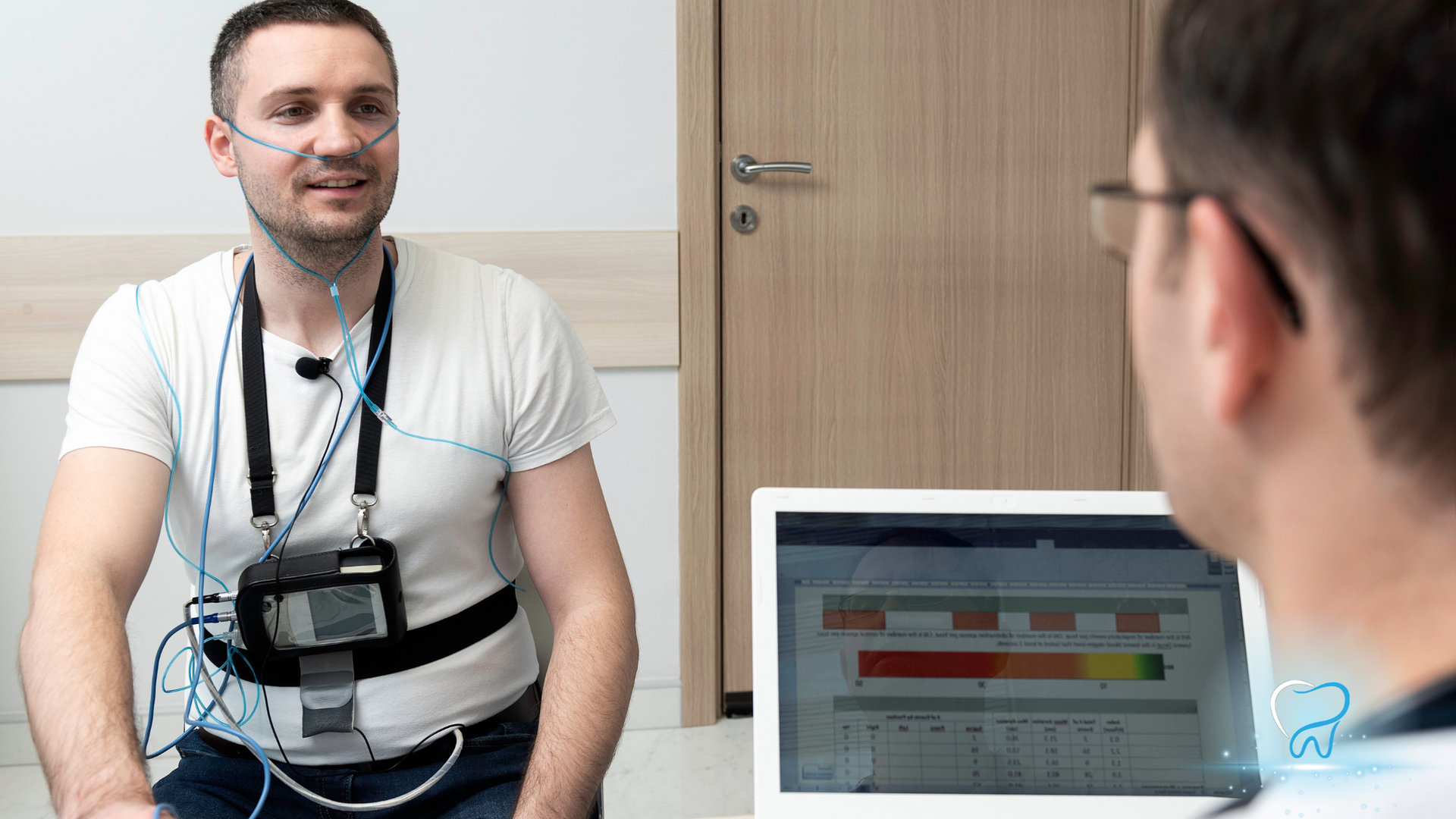
If sleep apnea is suspected, the next step is confirming the diagnosis with a sleep study. These can be done in a sleep clinic (polysomnography) or at home using a portable monitor, depending on the case.
A sleep study measures:
- Breathing patterns and airflow
- Blood oxygen levels
- Heart rate and rhythm
- Sleep stages and how often they are interrupted
Sleep apnea severity is categorized as:
- Mild: 5–14 apnea events per hour
- Moderate: 15–29 events per hour
- Severe: 30+ events per hour
Once diagnosed, the care team can determine the most appropriate treatment. That may include lifestyle changes, CPAP therapy, or a dental-based solution like oral appliance therapy.
Oral Appliance Therapy: An Effective Alternative to CPAP
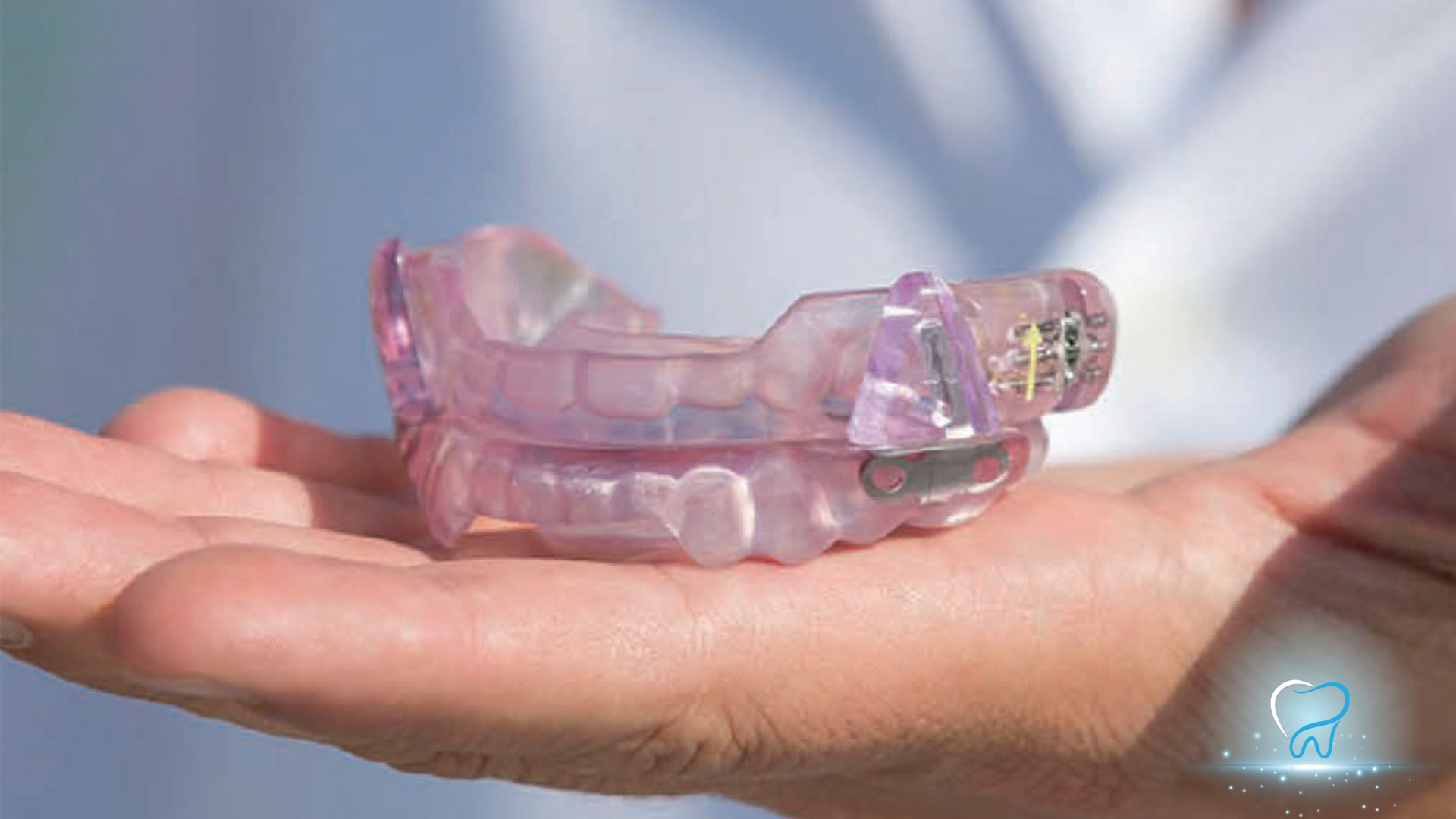
CPAP machines deliver continuous air pressure to keep the airway open. While highly effective, many patients find CPAP difficult to tolerate due to the bulk, noise, or discomfort. For those with mild to moderate OSA—or those who cannot use CPAP consistently—oral appliance therapy offers a more comfortable and discreet solution. These custom-fit devices are worn during sleep and gently shift the jaw forward to keep the airway open. They are:
- Quiet and compact
- Easy to travel with
- Comfortable and non-invasive
- Tailored to the patient’s bite and anatomy
At South Lake Dental, we create oral appliances based on detailed impressions and ongoing adjustments. Each appliance is personalized for long-term effectiveness and comfort. Patients often report dramatic improvements: better sleep, more daytime energy, and reduced or eliminated snoring. For many in Pasadena, oral appliance therapy has become the key to restoring quality sleep without the burdens of CPAP.
Why Treating OSA Early Matters

When left untreated, OSA can escalate from disruptive to dangerous. The cumulative effects of low oxygen, poor sleep, and elevated stress hormones increase the risk for:
- Heart attack and stroke
- High blood pressure
- Type 2 diabetes
- Obesity and metabolic disorders
- Chronic fatigue and poor immune function
- Memory decline and mood disorders
OSA also increases the risk of accidents due to drowsiness, including while driving or operating machinery. On the other hand, early treatment can lead to significant health improvements. Patients often report:
- More restful, uninterrupted sleep
- Improved concentration and productivity
- Greater emotional stability
- Decreased reliance on caffeine
- Fewer morning headaches
- Enhanced quality of life
The sooner the issue is addressed, the easier it is to manage—and the more likely patients are to avoid long-term health complications.
Your Path to Better Sleep Starts Here

Sleep is not a luxury—it is essential. If you feel exhausted, foggy, or frustrated by mornings that never feel restorative, it may be time to ask what is really happening at night.
At South Lake Dental in Pasadena, we provide dental assessments with airway awareness in mind. Whether you have been diagnosed with OSA or are exploring the possibility, we are here to help with sleep apnea screening and customized oral appliance therapy. We believe that better sleep leads to better health—and we are proud to help our patients take control of both.
Let Us Help You Sleep Better—Tonight and Beyond
Obstructive sleep apnea does not just steal your sleep—it affects your heart, your mind, your energy, and your well-being. But with the right support, it is manageable. And your journey back to restful nights may begin right in the dental chair. If you snore, wake up tired, or feel like your sleep is never enough, do not wait. Contact South Lake Dental in Pasadena to schedule a consultation. Let us explore the signs together—and take the next step toward truly restorative sleep.
Share
Related Posts
